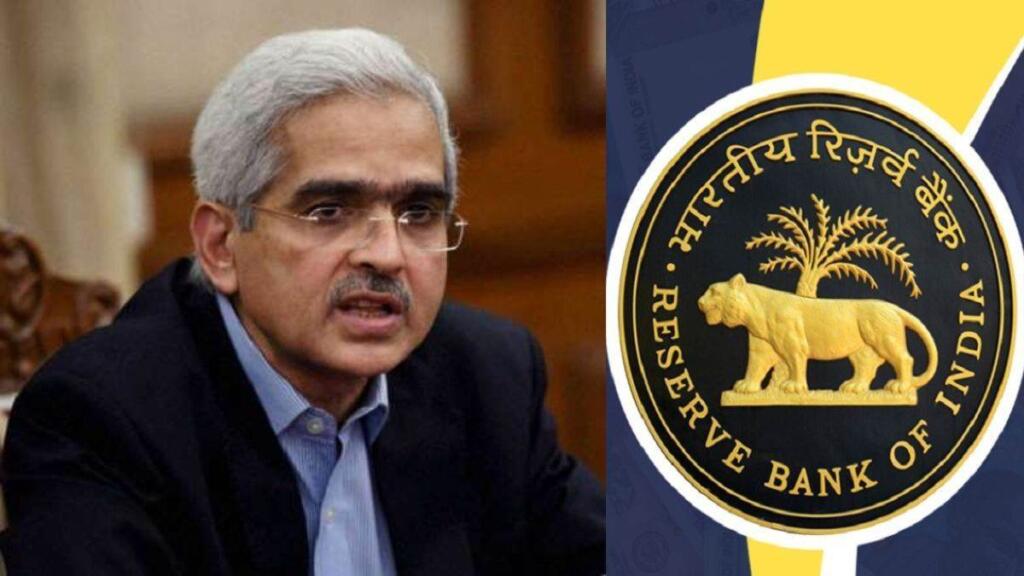Reserve Bank of India (RBI) Governor Shaktikanta Das introduced the much-anticipated fintech repository on May 28, five months after its initial announcement. This repository aims to provide comprehensive information about the Indian fintech sector, encompassing data on various fintech startups, their activities, operations, and technological use cases. This initiative reflects the RBI’s commitment to enhancing transparency and supporting the fintech industry’s growth through informed regulatory practices.
Purpose and Benefits of the Repository
The RBI highlighted that this Repository will serve as a crucial tool for understanding the fintech sector from a regulatory standpoint. It will support the design of effective policy approaches by offering sectoral data, trend analyses, and other valuable insights. By providing detailed information about the activities and operations of fintech companies, the repository will help policymakers identify emerging trends and potential risks within the sector. This resource is expected to be beneficial for both policymakers and industry stakeholders, fostering a more robust and well-regulated fintech environment.
EmTech Repository for Emerging Technologies
In addition to the fintech repository, Governor Das also announced the launch of the EmTech Repository. This platform will focus on the adoption of emerging technologies such as artificial intelligence (AI), machine learning (ML), and blockchain by RBI-regulated entities, including banks and non-banking financial companies (NBFCs). The EmTech Repository will monitor and track these technological advancements, providing insights into how these innovations are being integrated into the financial sector. By understanding the adoption patterns and impacts of these technologies, the RBI can better guide the industry towards responsible and beneficial use of emerging tech.
Secure Management by RBI Innovation Hub
Both the fintech and EmTech repositories are secure, web-based applications managed by the Reserve Bank Innovation Hub (RBIH), a wholly-owned subsidiary of the central bank. The RBI encourages fintech firms and regulated entities to actively contribute to these repositories, enhancing the overall data pool and utility. This collaborative approach will ensure that the repositories remain comprehensive and up-to-date, providing accurate and relevant information to all stakeholders. The RBIH’s role in managing these platforms underscores the central bank’s commitment to innovation and technological advancement in the financial sector.
Additional Announcements: PRAVAAH Portal and Retail Direct Mobile App
During the launch event, which was attended by senior RBI officials and representatives from fintech startups and industry bodies, Governor Das also introduced two other significant offerings. The PRAVAAH portal will streamline the process for individuals and entities to apply online for various regulatory approvals. This portal aims to reduce the administrative burden and increase efficiency by providing a single platform for all application processes. Meanwhile, the Retail Direct Mobile App will facilitate seamless investment in government securities for users. By making government securities more accessible to individual investors, the app aims to promote wider participation in this market, enhancing financial inclusion and investment opportunities.
Background and Context
The repository’s introduction was initially announced in December 2023 as part of the RBI’s bimonthly statement. The repository aims to provide a centralized platform for stakeholders to understand developments within the fintech ecosystem and gain a deeper insight into the players involved. This initiative comes at a crucial time as the sector continues to grow rapidly, necessitating a comprehensive and accessible data resource for effective regulation and policy-making.
Recent RBI Actions in the Fintech Sector
The launch of the fintech repository coincides with the RBI’s recent stringent measures on the fintech ecosystem, prompted by incidents of poor corporate governance. Earlier this year, the RBI ordered an unnamed card network to stop all card-based business payments through payment intermediaries to entities not accepting card payments. Additionally, the RBI has raised concerns about the evaluation processes used by banks and fintech companies, especially concerning gold sourcing. It has also cautioned banks regarding gold loan disbursals conducted through fintech startups. These actions highlight the RBI’s proactive stance in addressing potential risks and ensuring that fintech operations adhere to high standards of governance and compliance.
Conclusion
The introduction of the fintech repository marks a significant step towards enhancing transparency and regulatory oversight in the Indian fintech sector. By providing a comprehensive data resource, the RBI aims to foster a more informed and well-regulated fintech environment. The EmTech repository, along with the PRAVAAH portal and Retail Direct Mobile App, further underscores the RBI’s commitment to leveraging technology for improved financial services and regulatory processes. These initiatives reflect the central bank’s strategic approach to supporting innovation while maintaining robust oversight to protect the integrity and stability of the financial system.
ALSO READ: Reinventing Security in Fintech: The Role of Responsive Web Design
